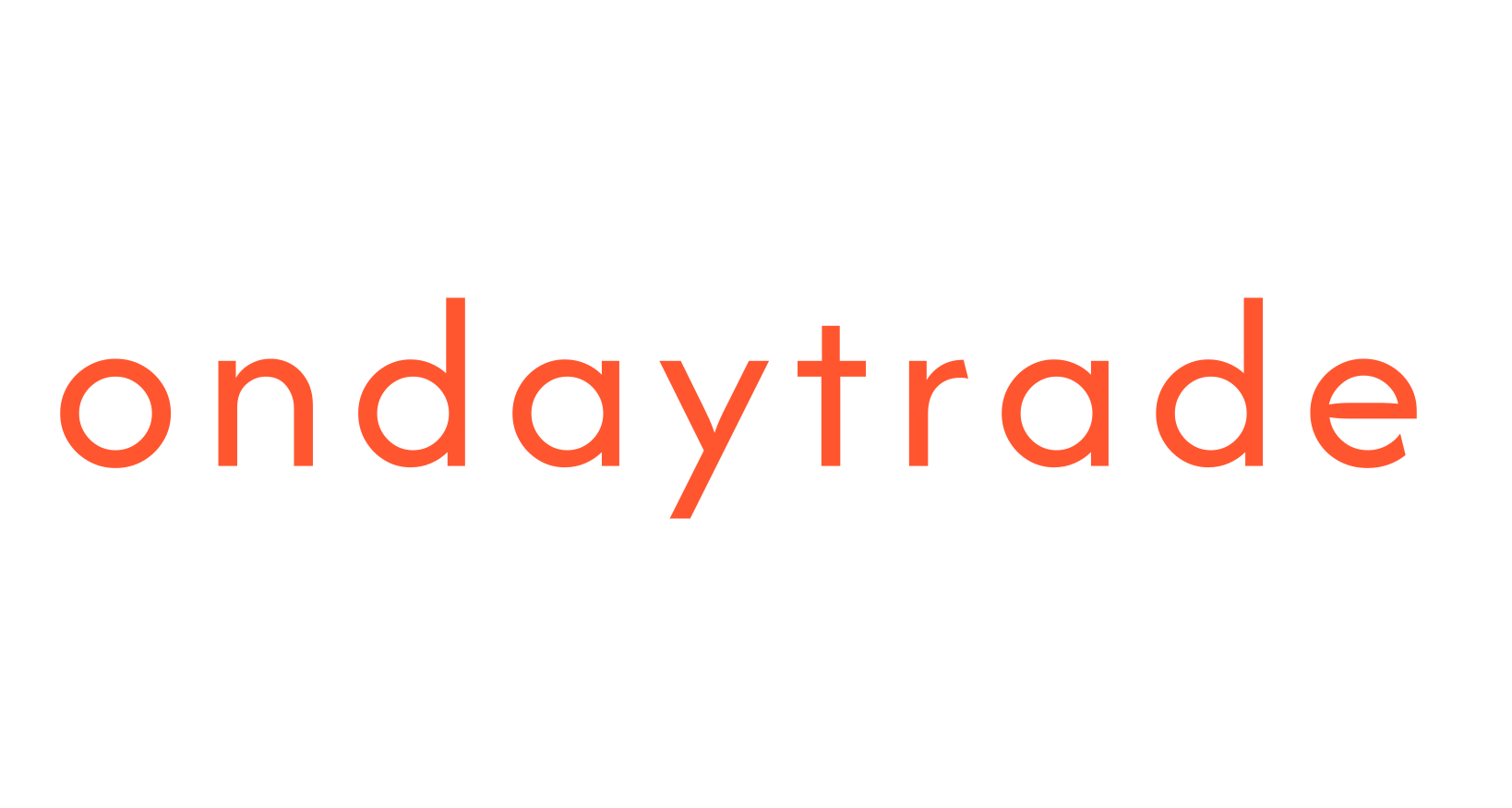EU information society legislation and impact on Albania As I mentioned in other sections, the Albanian legislation on online commerce was based on EU legislation and, respectively, the law adopted in 2000. In this section, I will present the main ideas behind the adoption of this law and the central debates today in the EU regarding online trade and how they are expected to affect Albania. First of all, the EU, as well as other developed countries such as the US, Canada, Japan, Australia, etc. is aware of the fact that online services are an essential factor in making it more competitive and dynamic in the new world economy based on the information and knowledge society.
Directive 2000/31 of the European Community established the basis for the legal framework of online services for the European internal market, including electronic commerce. This directive removed restrictions on online trade in the EU and provided legal certainty for businesses and citizens. Based on this legislation’s context, the work of the European Commission consists of ensuring that information society services benefit from the principles of free movement of services and freedom of creation in the European Union. The European Commission monitors and monitors the implementation of Directive 2000/31, and draws up regular reports on its application. The European Commission also ensures that both old and new EU members regularly implement the legal framework as set out in Directive 2000/31.
The European Commission is also responsible for following up on complaints relating to services. The information society provides it. It also conducts general monitoring of the legal, technical, and economic developments of electronic commerce and the Internet.
The EU e-Commerce Directive, adopted in 2000, establishes a legal framework for e-commerce and ensures this business’s performance for both companies and consumers. It sets harmonized rules on transparency and information requirements for online services, electronic communications, and restrictions on the reliability of firms providing information services. It states that the services of the information society are, in principle, subject to the law of the Member State in which the firm or company provides the information service is located.
Conversely, the member country receiving the service of the company providing the information service may not restrict these services. Furthermore, this directive enhances administrative cooperation between member countries and its self-regulatory role. Examples of services covered by this EU Directive include online information services (such as online newspapers), online sales products and services (books, financial services, and travel services), online advertising, professional services (lawyers, doctors, real estate agents), entertainment services and essential intermediation services (internet access and information transmission and storage). These services also include services that are provided free of charge to customers and funded, for example, by advertising and sponsorships.

It should be noted that the most tangible area of cooperation with the EU is precisely the area of the information society, also because physical borders do not exist, and technology offers many opportunities for collaboration. Here, the harmonization of policies with the EU is consolidated and, as written on the National Agency’s website for the Information Society (NAIS), is in analogy with the policies of the European Union.
The priority will be to increase transparency and improve public administration services according to the principles of the Open Government Partnership initiative. Second, the use of Information and Communication Technology in education to bridge the digital divide and empower youth. Policies will be oriented towards improving and expanding human capacities to increase the number of users and promote the development of e-service providers. In this way, the creation of jobs for young people who can be employed in the Albanian market, regional and beyond will be promoted. Third, the consolidation of infrastructure digital throughout the Republic of Albania territory, strictly respecting the European principles of free and fair competition.
The Stabilization and Association Agreement, in Articles 102-104, provides the obligation to approximate domestic legislation with the EU acquis and harmonize it with EU policies. Also, the SAA requires special attention in respecting intellectual property rights in the transmission of programs by terrestrial, satellite, cable, etc. By the SAA commitments, several relevant laws have been approved and drafted, such as Law no. 9918, dated 19.05.2008 “On electronic communications in the Republic of Albania”, amended by Law no. 102/2012 in line with the latest developments of the EU acquis; Law no. 9880, dated 25.2.2008 “On Electronic Signature”; Law no. 10273, dated 29.4.2010 “On the Electronic Document”; Law no. 10128 ft. 11.5.2009 “On electronic commerce”, amended by law no. 135/2013; Law no. 9887, dated 10.3.2010 “On the Protection of Personal Data”, amended by act no. , dated 28.4.2005 “On copyright and other related rights”; Law no.72, dated 28.6.2012 “On the organization and functioning of the national infrastructure of Geospatial Information in the Republic of Albania”; Law no. 146/2014 “On Public Notification and Consultation”; Law no. 119/2014 “On the Right to Information”;
Albania has harmonized cybercrime legislation with the Council of Europe Convention on Cyber crime (ETS no. 185). In 2004, Albania ratified the “Additional Protocol to the Convention on Cybercrime, for the penalization of acts of a racist and xenophobic nature committed through computer systems” (ETS no. 189). In 2008 the Criminal Code was amended to include provisions for cybercrime. The transposition of Directive 2001/29 / EC on intellectual property in the information society is in progress.
Also, a series of bylaws mainly related to e-government have been adopted, such as DCM no. 248 ft. 27.4.2007, as amended, on the establishment and functioning of NAIS; VKM nr. 945, dated 2.11.2012 “On the Approval of the Regulation” Administration of the State Database System “; VKM no. 961, dated 24.11.2010, “On the determination of Regulatory coordinating authority of state databases “; DCM No. 703 dated 29.10.2014 has replaced DCM No. 248 dated 27.4.2007. DCM No. 357 dated 24.2.2013:” On the approval of the regulation on document management Electronic in the Republic of Albania”; DCM No. 303, dated 31.3.2011 “On the establishment of information and communication technology units in line ministries and subordinate institutions”; DCM 778 dated 7.11.2012 “On the approval of the standards of general, the minimum staff of NJTIK for the organizational structuring of ICT “; DCM No. 710 dated 21.8.2013” On the establishment and functioning of information storage systems, continuity of work and service level agreements “; DCM 734 dated 28.8. 2013 “On the creation of a unique system of registration, authentication, and identification of users in obtaining public services from electronic systems.
” Instruction No. 1 dated 31.12.2012 for certifying the paper copy of the electronic document in the institution and public; Instruction no. 2 dated 2.9.2013 “On the standardization of the drafting of terms of reference for ICT projects in public administration”. There is currently a rich legal framework that directly and indirectly regulates ICT and the information society. However, the completion and improvement of legislation on ICT, e-government, and the information society is necessary to respond to the dynamic development of this field and create a single digital market integrated with that of the EU and beyond.
Referring to the recent Progress Report of the European Commission for Albania, it is stated that ‘Albania is generally prepared in the field of information society and audio-visual media. Progress has been made in establishing an information society, while no progress has been made on the audio-visual policy. The capacity of the Agency for Electronic and Postal Communications (AKEP) and the National Agency for the Information Society (AKSHI) has been further improved, and the national agenda and plan for the implementation of digitization and its further development has been implemented. The report also states that mobile phones’ use continues to remain high in Albania, with an increase of 120% for 2015. Fixed telephone services have had a downward trend in recent years.
Access to fixed telephony services covers only 9% of the entire population. Regarding the field of the information society, the report states that Albania has continued with the implementation of the digital strategy and national plans 2015-2020. A strategic document related to cybersecurity 2015-2017 was approved in December 2015, aiming to complete the legal framework. A new law on electronic identification and trust services was adopted in October 2015. According to the European Commission Progress Report, the amendments to the law ‘On e-commerce’ are in line with the acquis and require further approximation of legislation with it.
Also the number of e-government services through the e-Albania. Al portal has increased, together with the number of users and electronic payments. The report notes that the National Agency for the Information Society’s administrative capacity has increased by 20 employees. A particular emphasis is placed on the digitalization process and ART’s role during this process as a provider of public service broadcasting. According to reports, RTSH has made progress in creating digital networks. The process should be accelerated to ensure the transmission of ART programs and other operators to this digital channel.









